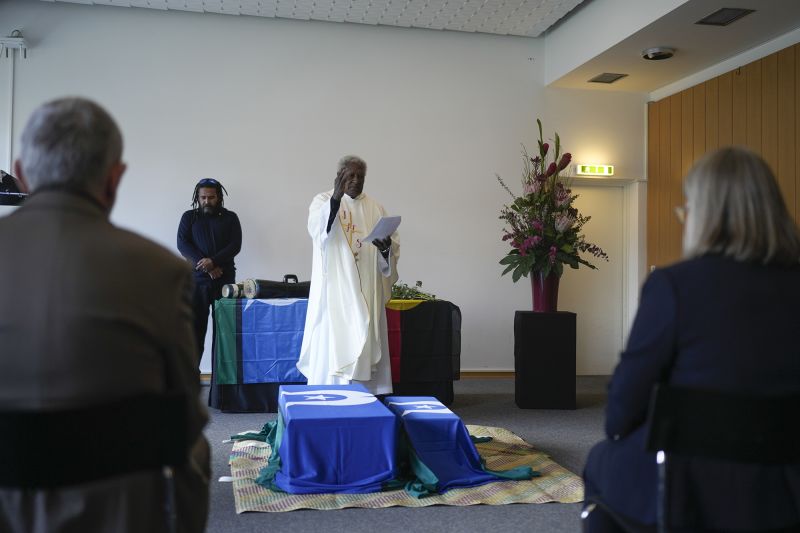The recent repatriation of Australian ancestral remains by German museums signifies a significant step towards healing and reconciliation for Indigenous communities. For over a century, these remains have been held in foreign institutions, stripping them of their connection to their homeland and impacting the spiritual and cultural practices of Indigenous peoples. This act of repatriation acknowledges the wrongs of the past and paves the way for a more respectful and collaborative future between countries and cultures.
The return of these ancestral remains is not just a symbolic gesture, but a crucial step in rectifying historical injustices and addressing the ongoing impacts of colonialism. By acknowledging the rights of Indigenous peoples to their cultural heritage and ancestral remains, museums and governments are taking a step towards recognizing the importance of Indigenous knowledge and the need for restitution and reconciliation. This process is not just about returning physical remains, but also about restoring dignity, respect, and autonomy to Indigenous communities.
The repatriation of Australian ancestral remains by German museums also highlights the importance of international cooperation and collaboration in addressing the legacy of colonialism. It serves as a reminder of the shared responsibility of nations to respect the rights and sovereignty of Indigenous peoples and to work towards redressing historical injustices. This act of repatriation sets a positive precedent for other countries and institutions to follow suit and return Indigenous cultural artifacts and remains to their rightful owners.
Furthermore, the return of ancestral remains to Australia provides an opportunity for healing and reconnecting with cultural heritage for Indigenous communities. It allows for ceremonies, rituals, and burial practices to be conducted in accordance with traditional customs, thus restoring a sense of closure and completion for those affected by the removal of their ancestors. This repatriation also serves as a powerful reminder of the resilience and strength of Indigenous cultures in the face of adversity and dispossession.
In conclusion, the return of Australian ancestral remains by German museums represents a significant milestone in the ongoing process of reconciliation and healing between Indigenous and non-Indigenous peoples. It underscores the importance of acknowledging past wrongs, respecting the rights of Indigenous communities, and working towards a future of mutual understanding and collaboration. This act of repatriation serves as a powerful symbol of respect, recognition, and reconciliation, setting a positive example for the rest of the world to follow.
